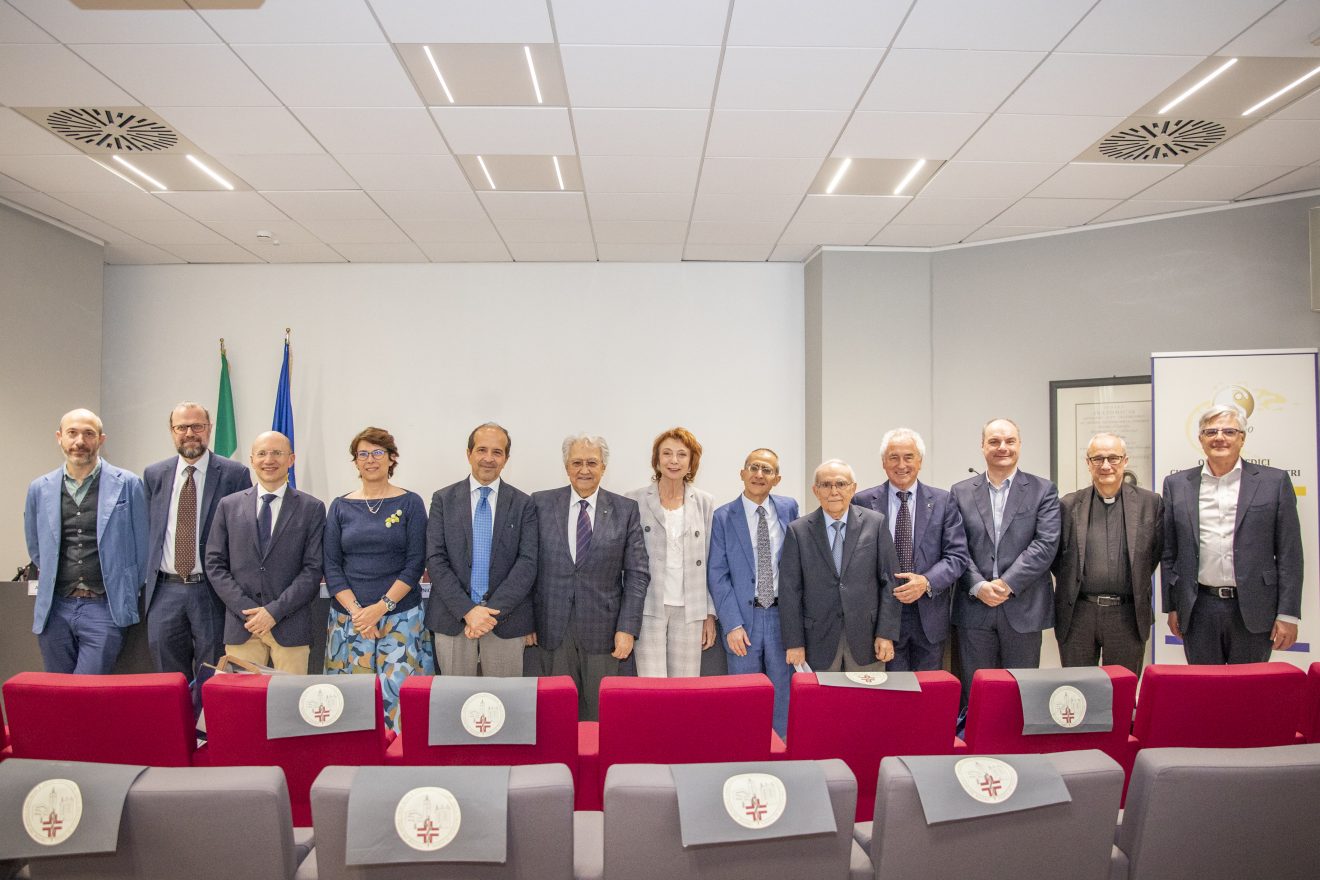
MultiMed Engineers presented the BD4QoL project at the Omceo Conference in Parma, titled ‘Health and AI: Ethics, Profession, Law, and Security. A comparison between Bioethics and Biolaw’.
In particular, BD4QoL was the focus of a dedicated session featuring four speakers from respective partner organizations of the BD4QoL consortium.
Franco Mercalli, managing director of MultiMed Engineers, provided an overview of the project’s objectives and approach, highlighting the challenges involved in sharing the invaluable dataset collected during the project with the research community, while simultaneously safeguarding the privacy of the patients enrolled in the study.
Prof. Chiara Copelli, from the Università di Bari, shared her experience as the lead of one of the project’s recruiting centers and discussed the benefits that the project’s apps offer to head and neck cancer survivors.
Prof. Giuseppe Fico, from the Universidad Politécnica de Madrid, outlined the future challenges posed by the rapid adoption of digital technologies and artificial intelligence approaches—such as those explored in the BD4QoL project—within the healthcare sector.
Dr. Francesco Giuliani, from Casa Sollievo della Sofferenza, presented new social robotics technologies designed to support patient follow-up and medical assistance, that can be potentially integrated within initiatives like BD4QoL to enhance long-term care for cancer survivors.
Source (in Italian): Grande partecipazione e ampie analisi di tematiche cruciali nel Convegno dell’Omceo di Parma – Ordine dei Medici Chirurghi e degli Odontoiatri della Provincia di Parma
 MultiMed Engineers
MultiMed Engineers MultiMed Engineers
MultiMed Engineers 
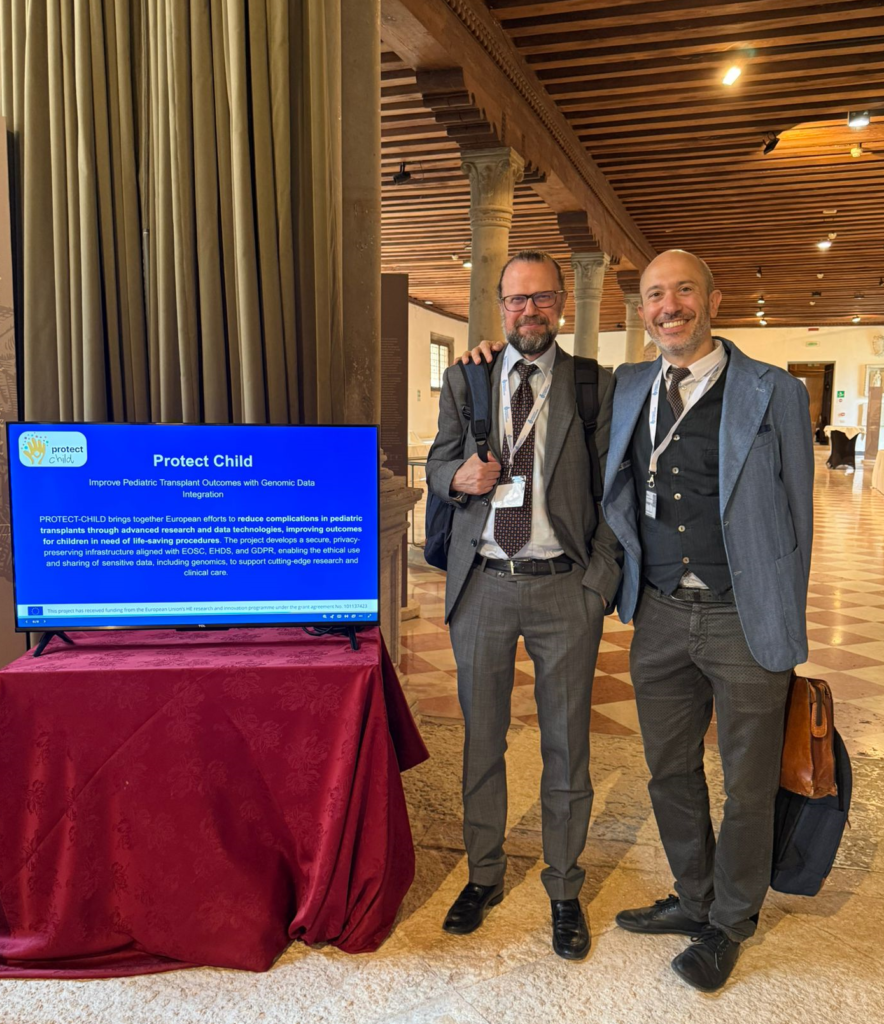

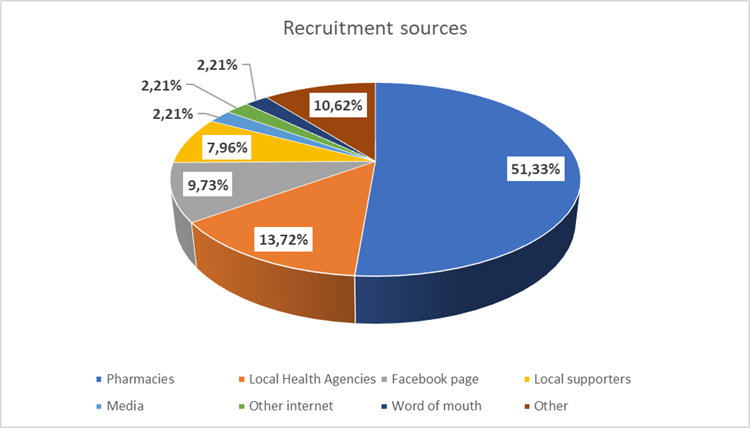
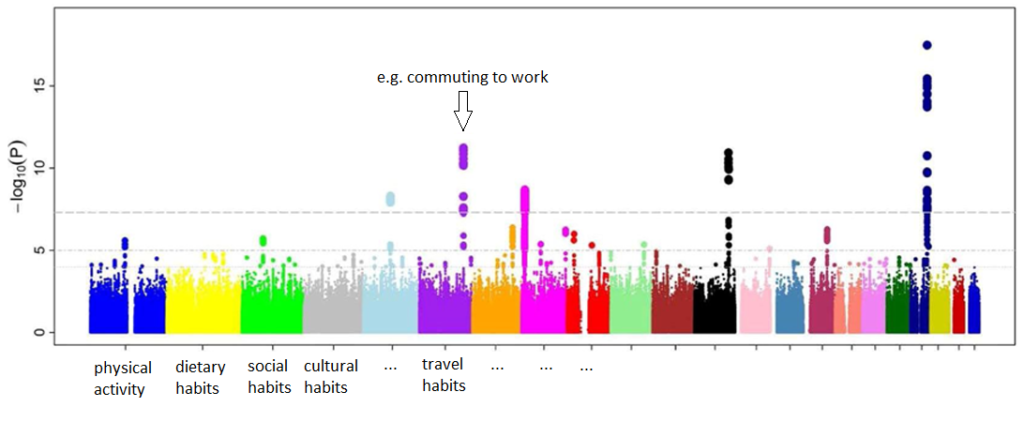
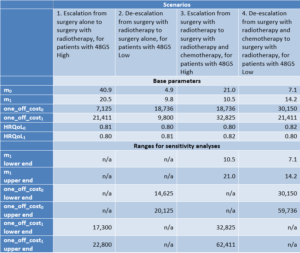 MultiMed Engineers further applied its expertise in conducting HTA studies with the
MultiMed Engineers further applied its expertise in conducting HTA studies with the 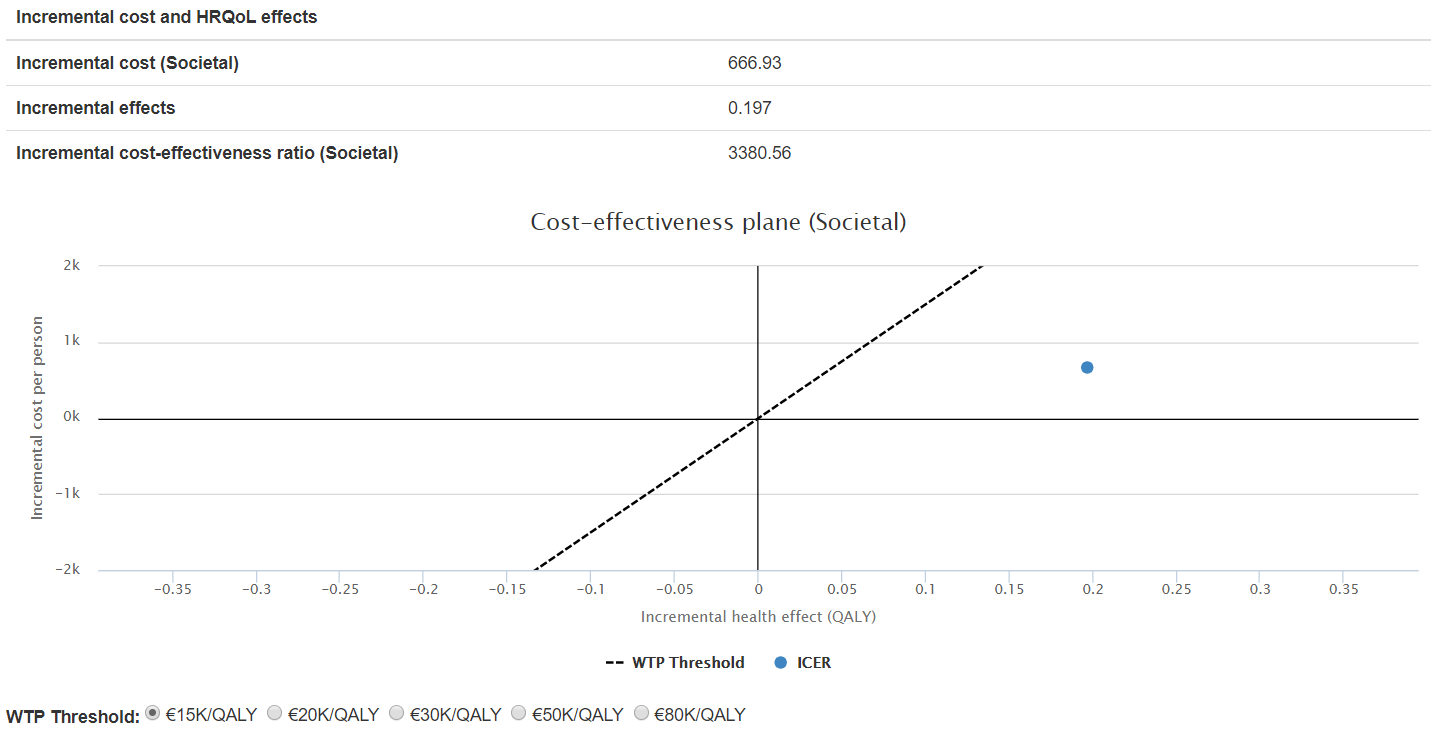


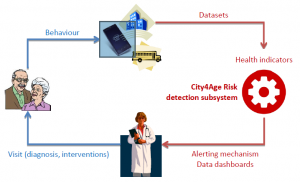
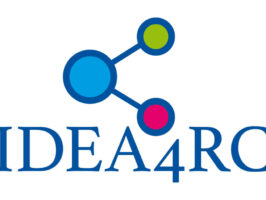
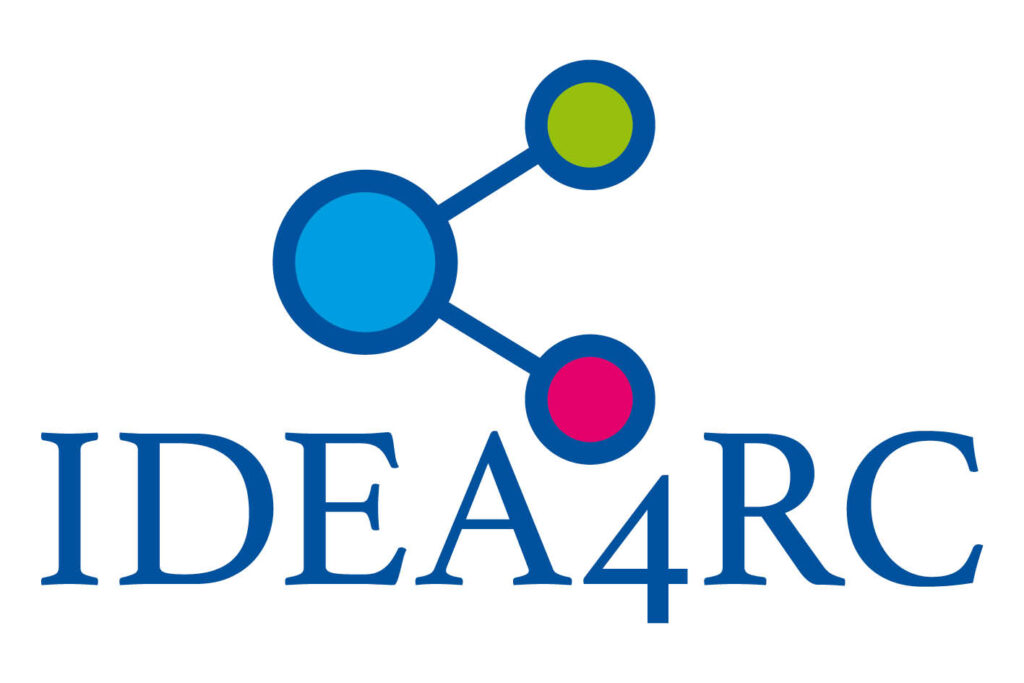
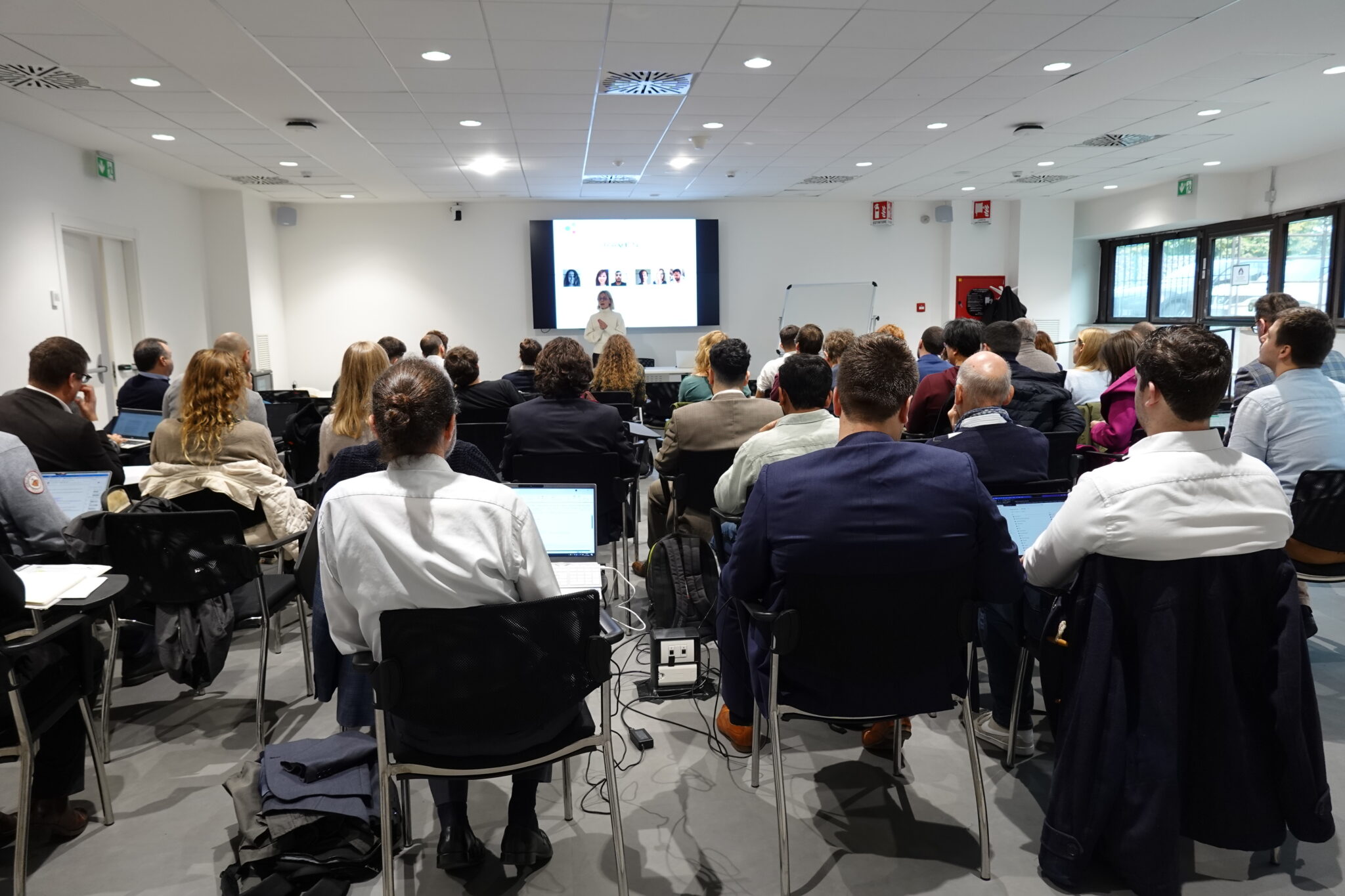
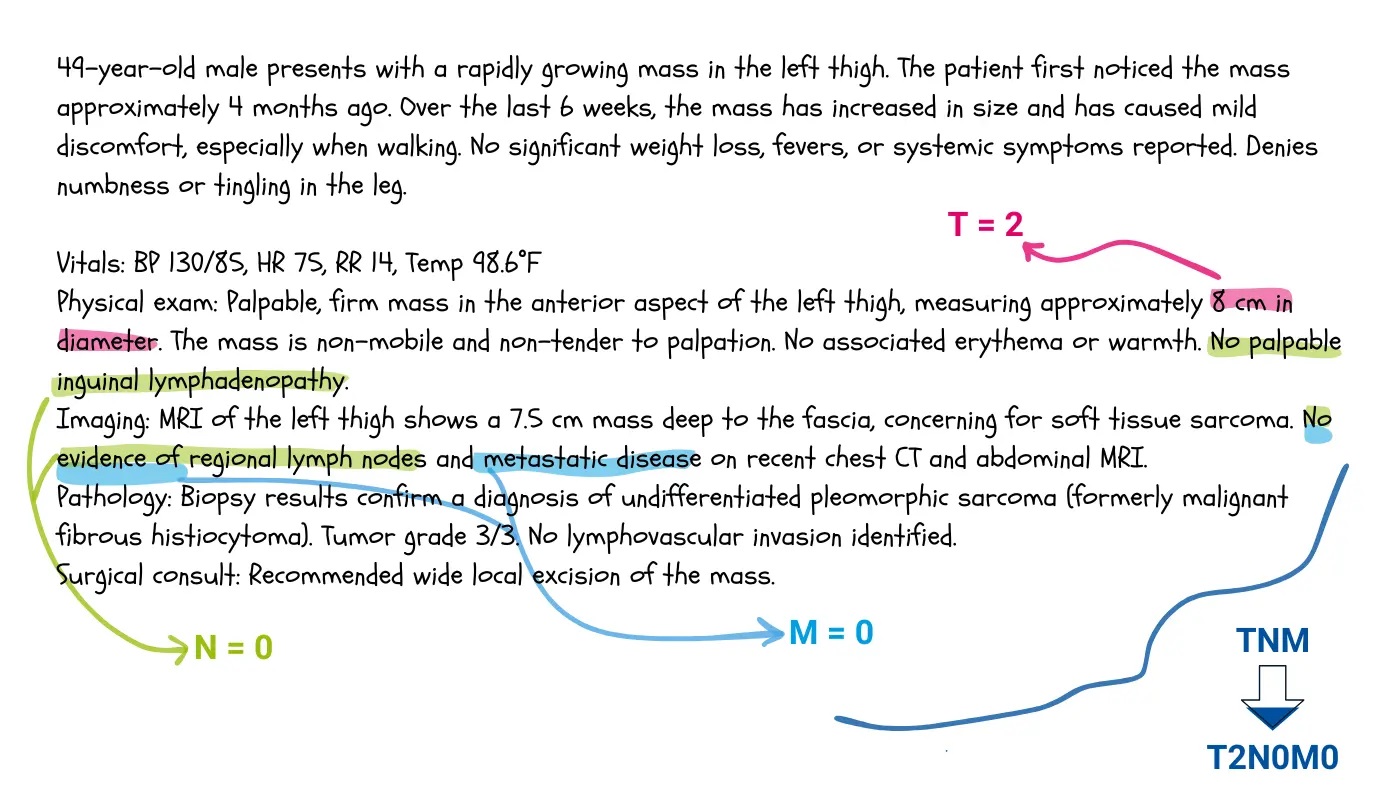
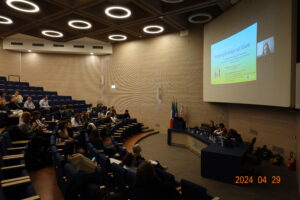
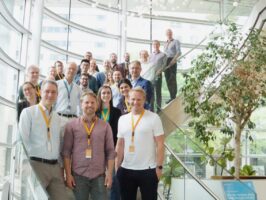
 The IMPROVE project aims to make digital healthcare more efficient by using Patient Generated Health Data throughout the analyses of newly developed treatments, solutions and care pathways to benef…
The IMPROVE project aims to make digital healthcare more efficient by using Patient Generated Health Data throughout the analyses of newly developed treatments, solutions and care pathways to benef…